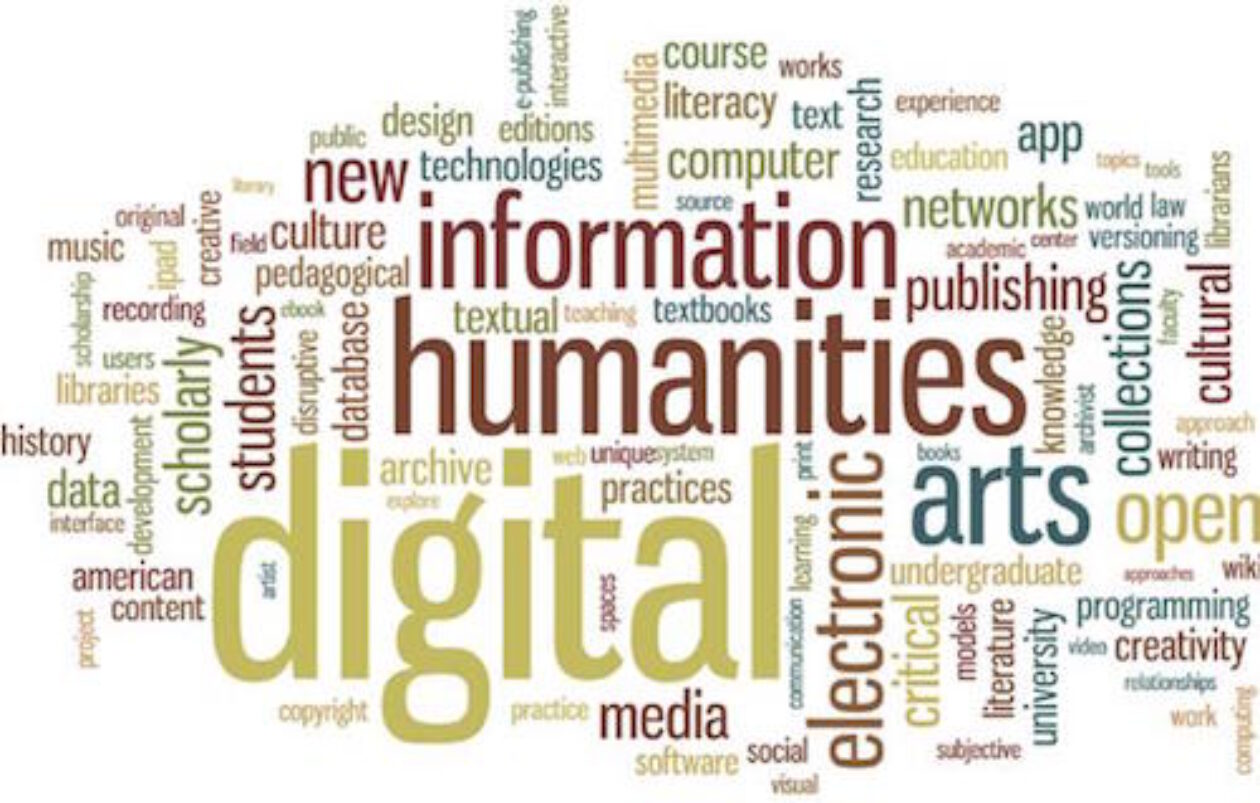Intellectual and Practical Justifications
The project I am working on focuses on Chinese history, and its main aim is to create an engaging online platform that showcases important events, key figures, and cultural milestones from China. This project is significant because it provides a unique opportunity to explore and share a culture that has played a vital role in shaping global history. By making rare and important historical sources more accessible, this platform will offer a fresh approach to learning about Chinese history, moving beyond traditional methods.
One of the main reasons for choosing this topic is to address the common gaps and biases found in traditional archives. Many historical narratives tend to focus on well-known events and figures, often neglecting the stories of marginalized or less-recognized communities. In Chinese history, this project seeks to create a more inclusive narrative by highlighting the experiences of minority ethnic groups, women, and ordinary people, alongside the major political and cultural events that are usually documented. This inclusive approach not only enriches the understanding of Chinese history but also ensures that a broader range of voices is heard and preserved.
The design of the project also considers practical aspects, such as web accessibility and metadata standards. The platform will be designed to cater to a diverse audience by including features like multilingual support (in both English and Chinese), text-to-speech options, and adjustable font sizes. Additionally, using standardized metadata will make it easier to organize and retrieve information, ensuring that users from different backgrounds can navigate the content effortlessly. These design choices ensure that the project is not only educational but also user-friendly, making it accessible to a wide audience.
Evaluation Plan
To evaluate the success of the project, several key criteria will be used to assess both the content and the functionality of the platform.
- User Engagement and Feedback: The first measure of success will be how engaged users are with the platform. This will be monitored through website analytics that track the number of visitors, the time they spend on the site, and their interactions with the content, such as sharing and commenting. Additionally, collecting user feedback through surveys will provide insights into how well the platform meets the needs of its audience. This feedback will be crucial for identifying areas where improvements are needed, ensuring that the project evolves to better serve its users.
- Content Accuracy and Depth: The accuracy and depth of the historical content presented on the platform will be another critical evaluation criterion. It is essential that the information is thoroughly researched, properly sourced, and presented in an engaging and educational manner. To ensure the scholarly rigor of the content, peer reviews and consultations with experts in Chinese history will be conducted. This will help verify that the information is accurate and of high quality, contributing to the overall credibility of the project.
- Accessibility and Usability: The platform’s accessibility features will be tested to ensure they are effective in meeting the needs of a diverse audience. This includes checking the functionality of the multilingual support, text-to-speech options, and other accessibility tools. Additionally, usability testing will be conducted to ensure that the platform is easy to navigate and that users can find the information they need without any difficulty. These tests will help ensure that the platform is accessible and user-friendly, making it a valuable resource for all users.
- Impact on Audience Understanding: Finally, the project will be evaluated based on its impact on users’ understanding of Chinese history. This will be assessed through qualitative feedback from users, as well as by analyzing the discussions and engagements generated by the platform. The goal is to create a space where users not only learn about Chinese history but also feel inspired to explore further and engage with the content on a deeper level. This will ensure that the project not only educates but also fosters a deeper appreciation for the rich history and culture of China.
